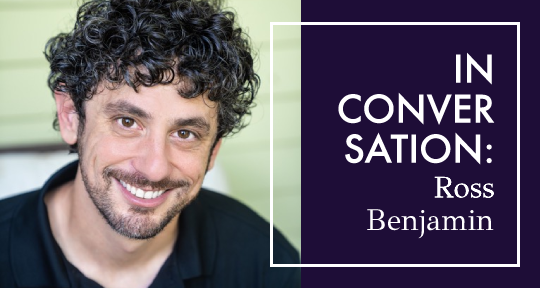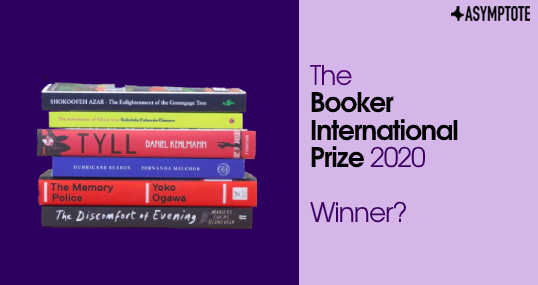A writer’s published diary is a study in contradictions—not entirely fact nor fiction, public nor private. Moreover, it is a topiary art form, the emotional and intellectual life sheared according to the writer’s sensibility. Yet the literary diary, for all its ambiguity and artifice, retains an aura of authenticity. The temptation to read this genre as the final word on a given author is especially precarious when it comes to Franz Kafka. After his death in 1924, Kafka’s literary executor Max Brod trimmed and pruned the diaries to such an extent that he produced what amounted to a different version of both the diaries and of Kafka. Schocken Books published them in English in 1948 and 1949, with translations by Joseph Kresh and Martin Greenberg. Consequently, the Kafka you know is the one that Max Brod helped fashion with the bowdlerized diaries. In his hands, Kafka’s prose became less transgressive and less homoerotic, more polished and more conventional.
Kafka’s original, unexpurgated diaries still exist, and translator Ross Benjamin has returned to give us them in their full, uncensored form. As Benjamin puts it, these diaries offer a “glimpse into Kafka’s workshop” and will be invaluable to scholars, artists, and anyone interested in Kafka’s life and work. Coming full circle, Schocken Books will publish Benjamin’s translation in summer of 2022. While the following interview focuses on Benjamin’s translation of Kafka’s diaries, he has also translated numerous works, including Friedrich Hölderlin’s Hyperion (Archipelago), Clemens Setz’s Indigo (Liveright/Norton), and Daniel Kehlmann’s Tyll (Pantheon), which was shortlisted for the Booker International Prize.
Eric Trump (ET): What is your connection to German? How did you become interested in translation?
Ross Benjamin (RB): At first I wanted only to be able to read German-language literature and philosophy—which had strongly appealed to me ever since I discovered Kafka and Nietzsche in high school—in the original. But when I was spending my junior year of college in Prague, I visited Berlin, and that at once vibrant and haunted city spurred my interest in actually immersing myself in the language and culture, actively engaging with it in the present, which I did after graduation, living there for a year on a Fulbright. I wrote my undergrad thesis on Paul Celan, and you can’t really talk about Celan without talking about translation. I was riveted by Celan’s translations of Shakespeare’s sonnets—and Peter Szondi’s reading of those translations, particularly in the essay “Poetik der Beständigkeit”—which were at times radically transformative. But it wasn’t that Celan was taking undue liberties; rather, he was reckoning with the crisis of German poetic language after Auschwitz, and finding a way to maintain a profound fidelity to Shakespeare in the midst of it. John Felstiner’s biography, Paul Celan: Poet, Survivor, Jew, which explored the poet’s life and work while at the same time offering insights into Felstiner’s own process of translating Celan, also really opened up the art of translation to me in all its richness. Meanwhile, I’d always written fiction, but I struggled with the question of what kind of writer I wanted to be, and an anxiety of pinning myself down. Translation seemed liberating in that respect, since I could channel other writers to whom I felt an affinity without defining myself in a particular way. Even now, translation allows me to keep reaching beyond and redrawing the boundaries of myself.
ET: In “Eleven Pleasures of Translating,” Lydia Davis writes that in translating you are “not beset by . . . the anxiety of invention, the commitment to invent a piece of work yourself.”
RB: I agree. Translation eliminates certain difficulties of doing your own writing, while substituting other difficulties. Above all, it eliminates the difficulty of the blank page and not knowing where to begin. READ MORE…


